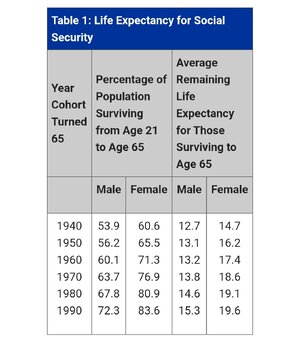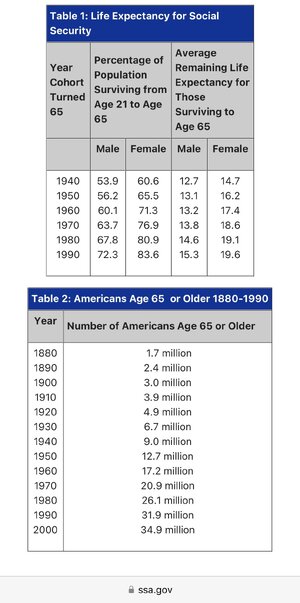- Messages
- 7,940
“… In a tense Tuesday meeting, DOGE staff grilled SSA officials about phone fraud and proposed shifting all claims processing to online channels and in-person offices, according to The Post.
SSA employees floated possible solutions, but DOGE wasn’t “interested in anything else but defending the decision that they had already made,” a source familiar told the [Washington Post].
… The Post reported on DOGE’s proposal to slash SSA’s telephone services on Wednesday afternoon. Hours later, the agency said in a statement that media reports were “inaccurate.”
DOGE confirmed on X, however, that the administration would still push forward with one part of its proposal: Customers will no longer be allowed to change their direct deposit routing number and other bank information by phone. …”
This would kill my mother.
Since my dad died we've been helping her contact companies and work through necessary changes. She wants to do everything like it's 1980. Phone calls, mail, checks, paper bills, etc.
She struggles to log onto the computer and check email.


